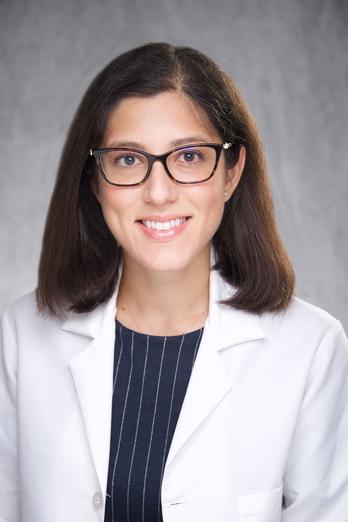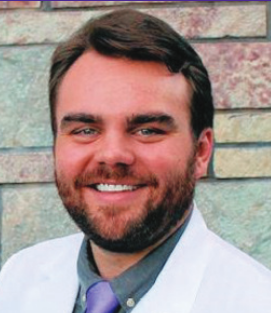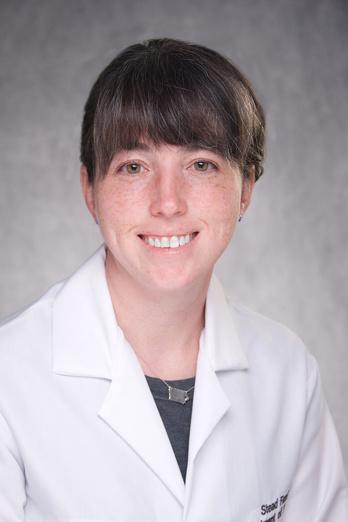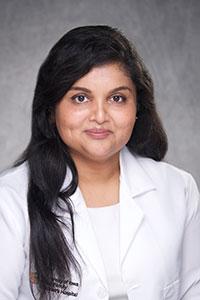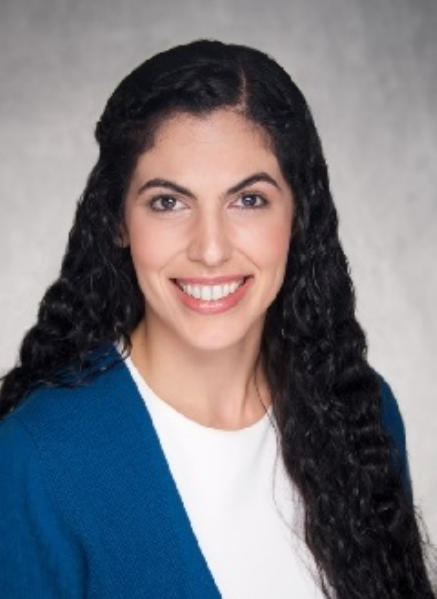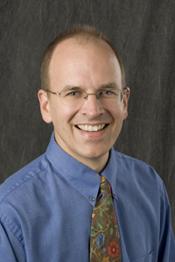The JDRF is a philanthropic, nonprofit organization that raises funds to support research aimed at curing, preventing, and better treating type 1 diabetes. On Saturday, May 11, the JDRF held its annual fundraising walk in Cedar Rapids. Our Division, led by Drs. Pinnaro and Alexandrou, organized a team of walkers to help the cause. Walkers from our division on the team included Drs. Alexandrou and Pinnaro, nurse practitioner Alex, diabetes nurses Haylee and Sue, pharmacist Lisa, our administrator Teresa, and research coordinator Emma, as well as spouses, kids, and a few of our dogs! As an unexpected perk, team members got to meet Iowa basketball star forward Hannah Stuelke (pictured below with nurse Sue and Dr. Alexandrou).



